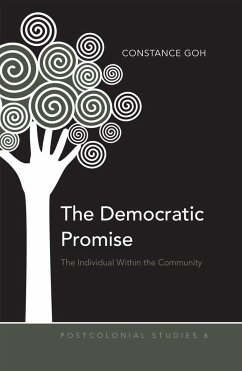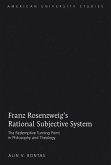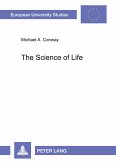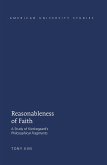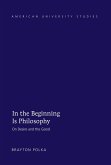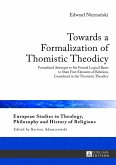The Democratic Promise engages Slavoj Zizek's psychoanalytic and cultural reading of politics and terror, Jacques Rancière's concept of the partition of the sensible, Alain Badiou's ethics and politics, and Jacques Derrida's thoughts on philosophy in a time of terror in order to radically rethink politics in and through aesthetics as analogies of political subjectivity. This book interrogates the a priori rights of an individual as universally declared and what these mean in terms of human agency. By revisiting the philosophical writings of the Western continental tradition through the eyes of contemporary political thinkers, it not only delves into the current debate on democracy but also investigates the connection between exceptionality and democracy. Constance Goh asserts here that inter-national or intra-national conflicts persist despite the global emphasis on cultural diversity and consideration because of the politics of recognition. The Democratic Promise also examines the media politics of China and Tibet's fraught relations so as to argue that Derrida's democracy-to-come necessitates an-other principle, an extra-normative tolerance he calls «hostipitality,» a host (un)intentionally transporting a singular other via the vehicle of aesthetics.
Bitte wählen Sie Ihr Anliegen aus.
Rechnungen
Retourenschein anfordern
Bestellstatus
Storno

